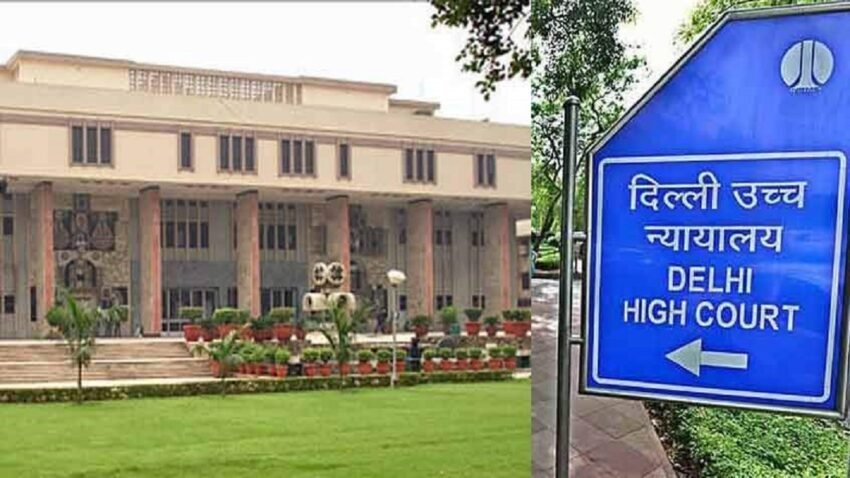News Published on :
Delhi: The Delhi High Court has held that a party that suffers an interim injunction is required to follow the ‘safe distance rule’ with respect to the subject matter of that suit.
A division bench of Justices Vibhu Bakhru and Amit Mahajan observed that it is necessary for the party suffering an order interdicting it from doing any act in relation to the subject matter of the suit, to ensure that it does not commit any other acts which could be construed as violating the court order.
“It is not open for the party to try and overcome court orders by continuing its infringing activity in another form or manner. As an illustration, if the court finds that the defendant’s trademark infringes the plaintiff’s trademark and interdicts the defendant from using it; it is not open for the defendant to slightly modify or tweak its trademark and continue using it. It is incumbent upon the defendant to ensure that it does not use any trademark that can be construed as infringing a plaintiff’s trademark,” the bench stressed.
The Court further defined what constitutes a patentable subject matter under Indian law. It said that a mere discovery of a new use of a known process of a product would not be patentable under Section 3(d) of the Patents Act.
“However, a known product, which is specifically modified and configured to provide a specified result of an economic value, would be considered to be patentable as it would be a new product,” the Court clarified.
The division bench made the observations while with an appeal filed by a South Korea based company named Ace Technologies Corporation challenging an order dated July 12, 2019 passed by the single judge.
The order was passed on a suit filed by Communication Components Antenna Inc (CCAI). It was claimed that the plaintiff has a state-of-the-art antenna design facility located in Ottawa, Canada and is one of the fastest growing providers of cellular base station products in the world.
CCAI stated that the defendants before the single-judge (Ace and its group companies) were infringing its patent and that they were manufacturing the antennae overseas and supplying the same in India.
The single-judge held that Ace was infringing CCAI’s patent and ordered them to secure ₹54.5 Crore (which represented 10% of the sales revenue generated by the Defendants from sale of the infringing products), by way of bank guarantee and cash deposit, failing which an injunction would follow.
After considering the case, the bench upheld the single-judge’s order. It rejected all the grounds of invalidity raised by the Ace Technologies thereby, holding that no credible challenge to the validity of the patent in question had been raised at the interim stage.
“However, given the difficulty expressed by the appellants, we consider it apposite to modify the impugned judgment to a limited extent of permitting the respondents to deposit a bank guarantee for a sum of 10% of the sale proceeds instead of depositing the same in cash with the Registrar of this Court,” the Court finally ordered.
Ace Technologies by Senior Advocate Sandeep Sethi. He was briefed by a team of advocates Vineet Rohilla and Rohit Rangi from Remfry & Sagar.
Communication Components Antenna Inc was represented through Senior Advocate Gaurav Pachnanda. He was briefed by advocates Sidhant Goel, Mohit Goel, Aditya Goel and Deepankar Mishra from SIM & SAN, Attorneys at Law as well as advocates Avni Sharma and Kaustabh Kapoor.



